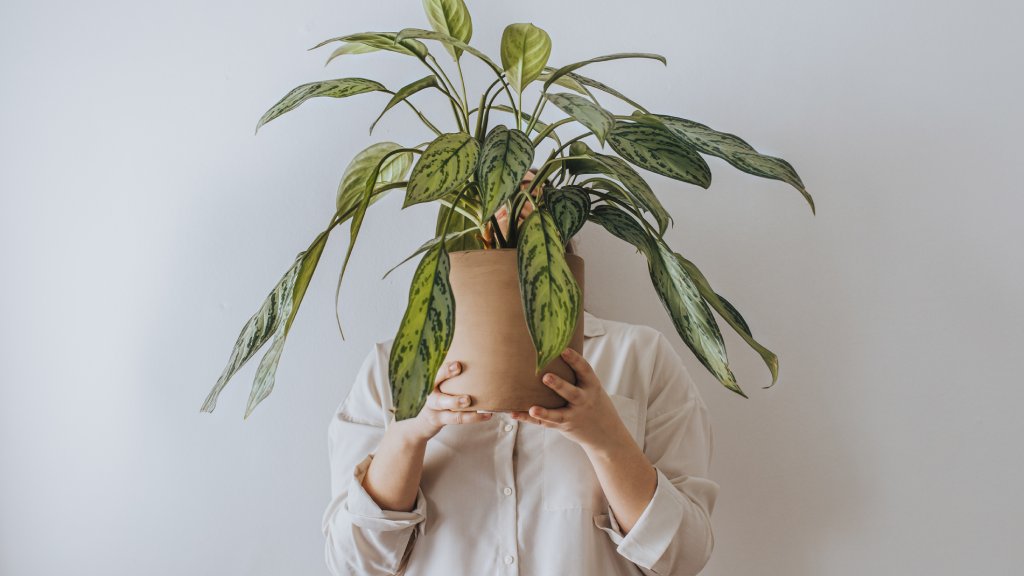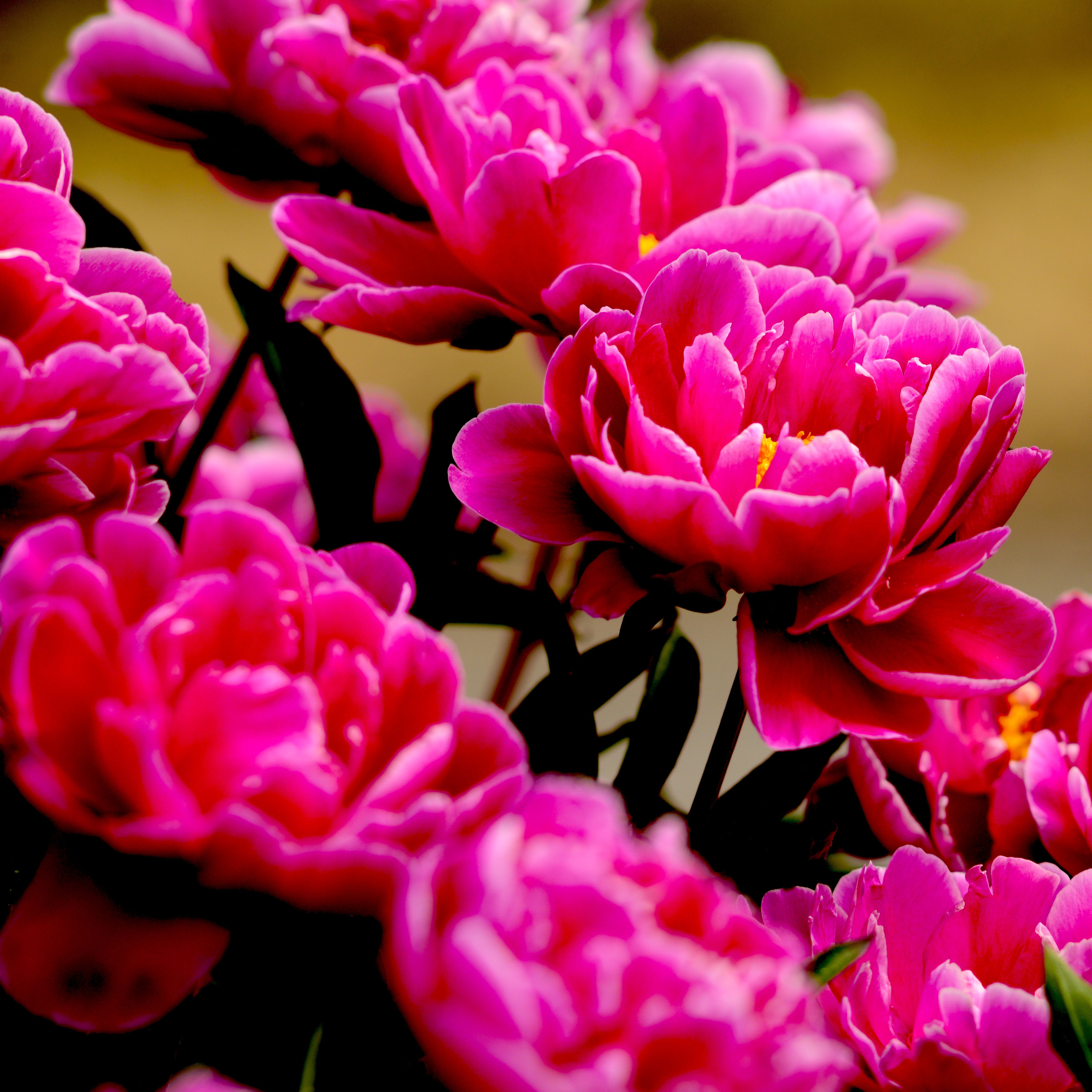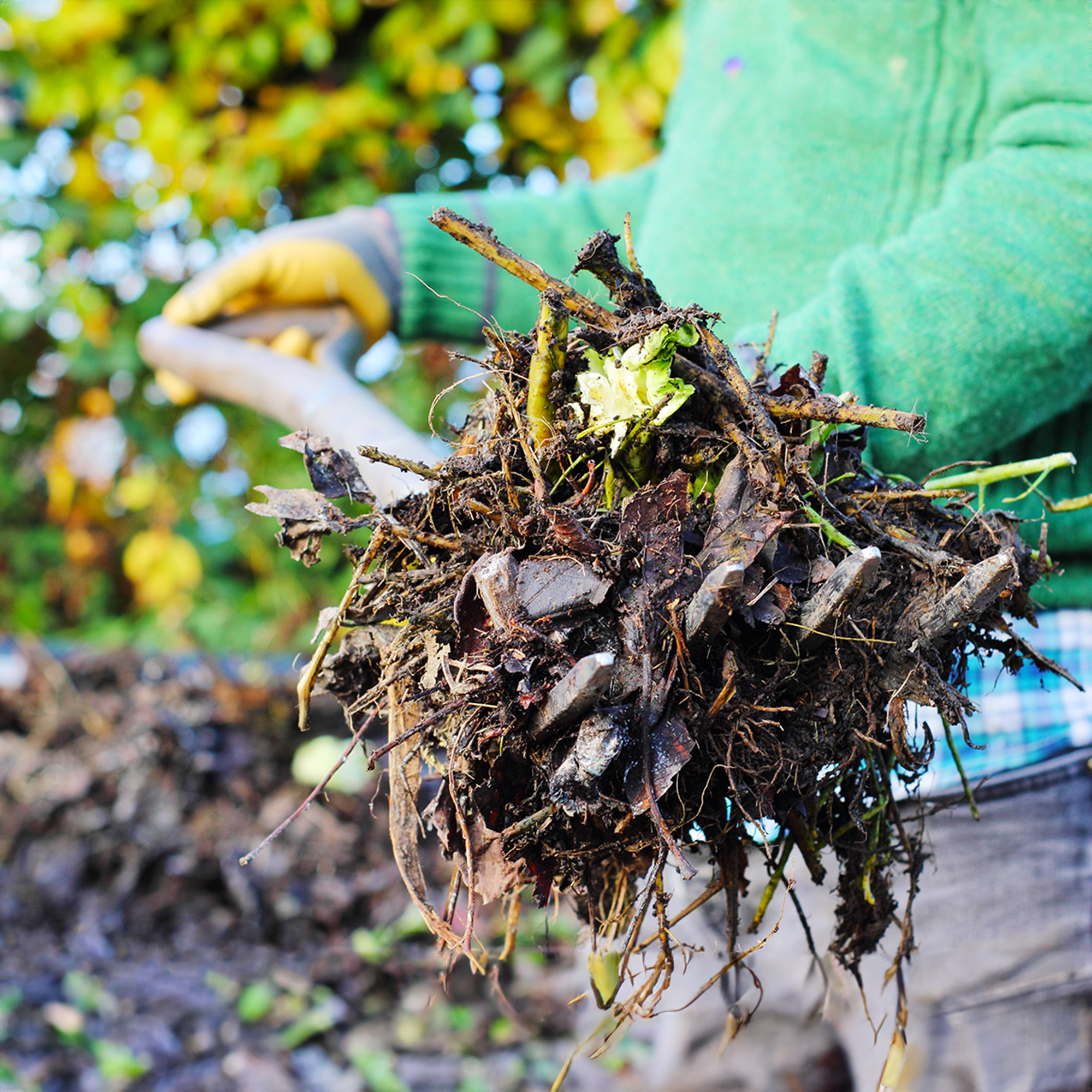Are Plants Sentient? An Investigation Of Plant Intelligence
The question of whether plants are sentient or conscious is still not fully answered, but plant lovers might have their own opinions.


Sentience is the ability to sense and feel. Humans are sentient. We use our five senses to experience the world and make decisions. Our sentience also means we have emotions and can be affected positively and negatively by experiences. Sentience in other animals has long been a subject of debate, and today, scientists and researchers are studying whether plants might also be sentient.
Do Plants Have Brains?
A primary reason that many doubt the existence of sentience in plants is the lack of a brain. Plants do not have brains. The brain is a complex organ made up of various types of tissues, including nerves that conduct electrical impulses. The brain in an animal is responsible for controlling basic functions like body temperature, breathing, hunger, and automatic muscle contractions. It also controls more complicated functions like memory, thought, behaviors, and emotions. The brain is part of the nervous system, a collection of nerve cells.
Many plant scientists would say that plants do have a nervous system, although this requires broadening that definition because plants do not have nerve cells. Plants do have the ability to conduct electrical impulses in response to external stimuli, however.
For instance, it has been proven that some plants respond to being eaten by an insect or other animal by releasing a toxin. Some scientists consider this ability to detect and respond as a part of a plant’s nervous system.
Are Plants Intelligent? Defining Plant Intelligence
Whether or not plants are intelligent is even more difficult to define and stirs more debate. By the most simple definition of intelligence—the ability to make choices and change behaviors—plants are definitely intelligent.
The example of toxin release is a sign of intelligence under this definition. The plant responds to a stimulus from its environment and changes its behavior as a matter of survival. The toxin deters the predatory animal by producing an unpleasant flavor or even by harming it.
Another example indicates that plants may be able to learn, another sign of intelligence. Researchers conditioned plants to grow toward the light breeze of a fan by pairing the breeze with light. The light is like a reward. When unpaired from the breeze, plants still grew toward the fan because they learned to associate it with light.
Gardening tips, videos, info and more delivered right to your inbox!
Sign up for the Gardening Know How newsletter today and receive a free copy of our e-book "How to Grow Delicious Tomatoes".
Are Plants Conscious?
Another important term to consider is consciousness, which is often used incorrectly to mean the same thing as sentience. Consciousness is awareness and the ability to respond to one’s environment, while sentience is the more advanced ability to sense and feel and have positive or negative experiences.
The question of consciousness in plants is unanswered. Most scientists would argue against consciousness in plants, but a growing segment thinks there is evidence to indicate they might have it.
Plants clearly respond to stimuli in their environment, as the example of toxin release shows. But, the question is whether or not that response is a result of awareness or of genetic coding. Many researchers believe it is the latter and that plants are not consciously responding to their environments.
Are Plants Sentient?
If plants are, in fact, conscious, as some researchers argue, then they could also be sentient. A sentient plant would have a positive or negative experience, for instance, when being eaten by a predator and then responding by releasing a toxin.
Plant consciousness is a difficult question to answer, but plant sentience is even more difficult, or even impossible to determine. It may never be possible to know if a plant feels existential dread or panic when being consumed by an animal or empowered when releasing a toxin in response.

Mary Ellen Ellis has been gardening for over 20 years. With degrees in Chemistry and Biology, Mary Ellen's specialties are flowers, native plants, and herbs.
-
 Grow ‘Karl Rosenfield’ Peony Plants For The Ultimate Frilly Border Beauties And Cut Flowers
Grow ‘Karl Rosenfield’ Peony Plants For The Ultimate Frilly Border Beauties And Cut FlowersFor frilly double magenta peony petals infused with a heady fragrance, grow ‘Karl Rosenfield’ peony plants. Here’s how to cultivate the ultimate plushy blooms
By Tonya Barnett
-
 10 Common Composting Problems That Can Spoil Your Garden Gold – Plus Easy Fixes
10 Common Composting Problems That Can Spoil Your Garden Gold – Plus Easy FixesLearn how to troubleshoot common composting issues before they ruin your stash – from bad smells and bugs to materials not breaking down as they should.
By Susan Albert